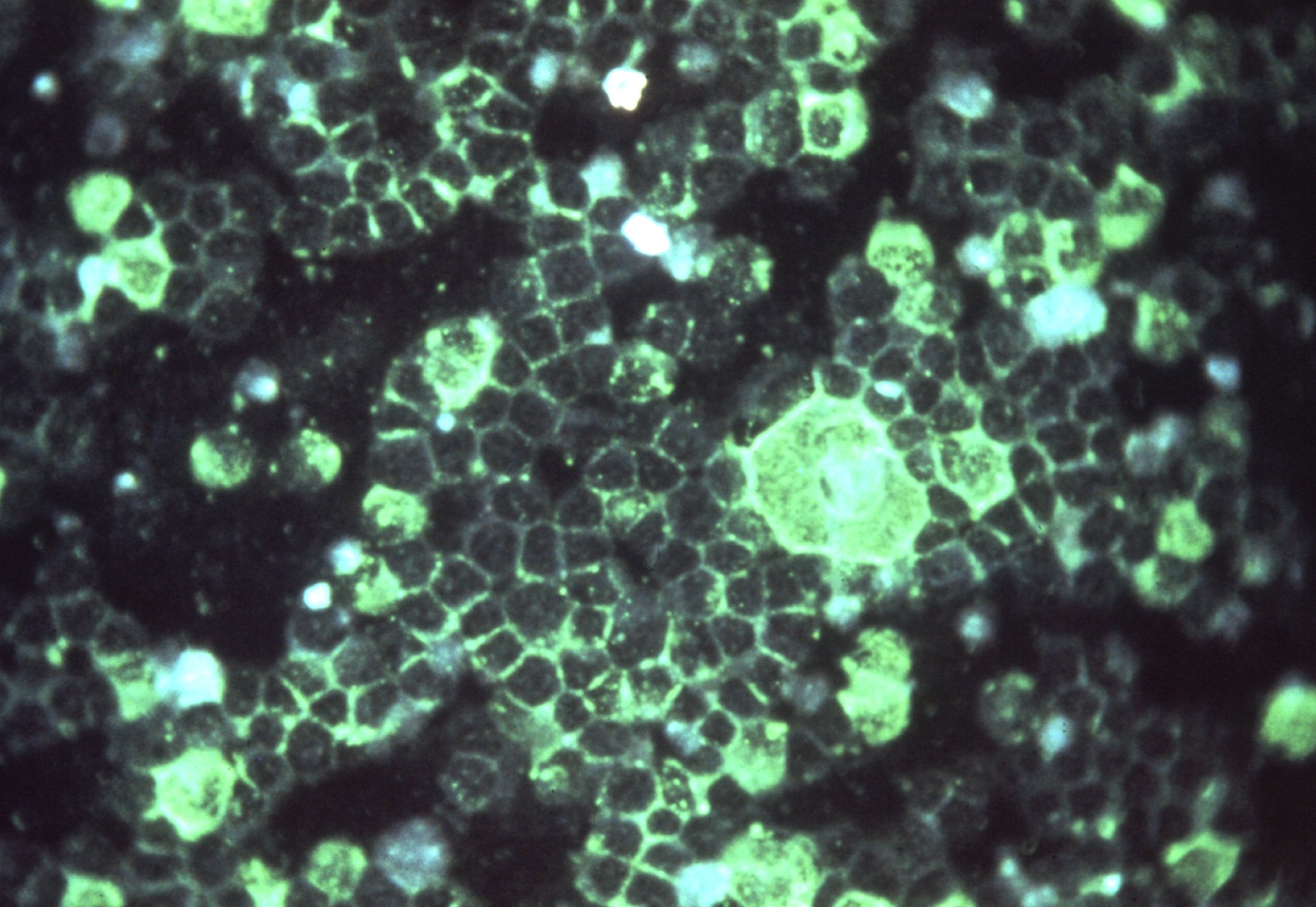
Pfizer is making steady progress with a vaccine candidate for preventing infections from respiratory syncytial virus. However, this virus can still spark deadly infections, so the pharmaceutical giant is rounding out its strategy for tackling this pathogen by acquiring ReViral, biotech company with two antiviral drugs in clinical development for RSV.

NEMT Partner Guide: Why Payers and Providers Should Choose MediDrive’s TMS
Alan Murray on improving access for medical transportation.
The acquisition agreement was announced Thursday. No upfront payment was disclosed, but Pfizer said it could pay out up to $525 million, a total that includes the upfront payment and development milestones. That’s a relatively small sum for drugs that Pfizer projects could top $1.5 billion in sales if they reach the market.
RSV is a virus that affects the lungs. In healthy people symptoms are typically mild and resemble those of the common cold. But in those who don’t have strong immune systems, such as infants and the elderly, RSV infection can become deadly. RSV affects an estimated 64 million people annually and leads to about 160,000 deaths. There is no FDA-approved vaccine for RSV. Treatment for RSV infections is supportive care to address the symptoms.
Privately held ReViral, which is based in the United Kingdom and has U.S. operations in Durham, North Carolina, has two RSV therapeutic candidates, each taking a different approach to blocking the pathogen. Sisunatovir is an oral antiviral designed to block the fusion of the RSV virus to the host cell. The drug has reached mid-stage clinical testing. In results so far, ReViral has reported that the drug significantly reduced viral load in a Phase 2 human challenge study in healthy adults. The drug is also in Phase 2 testing in infants.
A second program ReViral program focuses on stopping RSV replication by targeting the N protein of the virus. The lead drug candidate from this program has reached Phase 1 testing. A third program that combines fusion inhibition and N protein blocking is in preclinical development.

The Power of One: Redefining Healthcare with an AI-Driven Unified Platform
In a landscape where complexity has long been the norm, the power of one lies not just in unification, but in intelligence and automation.
“The proposed acquisition of ReViral’s pipeline of therapeutic candidates is complementary to our efforts to advance the first vaccine candidate to help protect against this harmful disease,” Annaliesa Anderson, senior vice president and chief scientific officer, bacterial vaccines and hospital, at Pfizer, said in a prepared statement. “Combining the capabilities and expertise of our organizations will enable us to further the clinical development of a potential therapy for those with RSV disease.”
Pfizer’s RSV vaccine candidate PF-06928316 has reached Phase 3 testing in older adults. That vaccine is based on the crystal structure of prefusion F, a protein that the RSV virus uses to attack human cells. Pfizer has competition in the RSV vaccine chase. GlaxoSmithKline advanced its vaccine candidate to late-stage testing. In February, GSK stopped studies in pregnant women following a safety recommendation from the independent data monitoring committee monitoring the study. A separate Phase 3 study in older adults is ongoing and GSK expects to report data in the first half of this year.
Newer vaccine technologies are the basis for additional RSV vaccine efforts. Icosavax is developing an RSV vaccine based on virus-like particle technology. The Seattle-based biotech expects to report interim Phase 1/1b data in the current quarter for its RSV vaccine candidate, IVX-121. And now that Moderna has validated its messenger RNA technology through its FDA-approved Spikevax vaccine for Covid-19, the company is ramping up its work on tests of mRNA vaccines for other pathogens. Last fall, messenger RNA company Moderna began a Phase 2/3 test of its RSV vaccine candidate, mRNA-1345, in older adults.
Moderna’s RSV vaccine research was initially partnered with Merck. In 2020, the pharma giant handed back the rights to those programs, choosing instead to focus on an antiviral RSV drug. That antibody, clesrovimab (formerly MK-1654), has reached pivotal testing for the prevention of lower respiratory tract infection in infants and certain children age 2 and older, according to Merck’s annual report.
In other RSV therapeutic news, China-based ArkBio reported on Thursday that its antiviral met the main goals of a Phase 3 study testing the drug in hospitalized infants and children. The drug, ziresovir, is a small molecule designed to bind to and block the RSV F protein, preventing the virus from entering cells. According to the company, the drug met the main goal of reducing the signs and symptoms of RSV, as well as the secondary goals of reducing viral load. Based on the positive clinical trial results, the Shanghai company said it is planning to file a regulatory submission in China in the middle of this year.
Public domain image by the CDC






